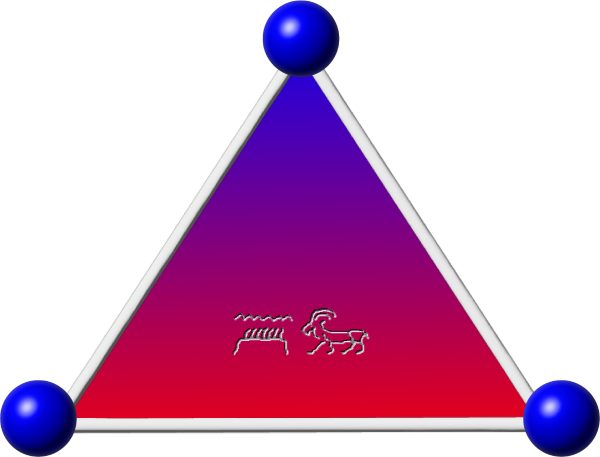My initial purpose in posting this document is to provide some examples of materials to study. Over time I will try to make it more comprehensive.
Introduction
In various materials on the participatory method of Bible study I refer to the difference in how we interpret individual stories, series of stories (sometimes called story cycles), and histories. Very often a series of stories is incorporated into or even forms a history. This page provides a listing of some of the major examples of all three of these types of Biblical literature. Note that while I list quite a number of these, this list is not intended to be an exhaustive list of all stories and histories in the Bible. It is a starting point for those who want to spend some time working on this particular type of literature.
I am including some examples from the apocrypha, not because I consider them equally inspired with the rest of the Bible, but because I regard them as worthwhile to study, and they also provide some extra literature on which to practice.
Major Histories
- Origins (Genesis 1-11)
This is technically prehistory, and I am not intending to commit myself on historical issues by listing it as “history”. In fact, I do not regard the creation stories as narrative history, though in form they are related.- The Creation (Genesis 1-2)
Actually two stories, Genesis 1:1-2:3 and 2:4-2:25, that are complementary in expressing God’s relationship to his creation. - The Fall and Deterioration (Genesis 3-5)
One might argue this is more than one story, and if so, it would be divided into two stories, chapter 3 and 4, with the genealogy of the fifth chapter being a sort of appendix, though I think it was more central for the author. - The Flood (Genesis 6-9)
How humanity was destroyed, with one family being preserved by God. - The Dispersal (Genesis 10-11)
How humanity became scattered, along with some relationships.
These stories combine to bring us to the point at which God chooses to intervene more directly through Abraham in chapter 12
- The Creation (Genesis 1-2)
- Patriarchs (Genesis 12-50)
The stories of Abraham, Isaac, Jacob, and then Joseph and his brothers bring us from the point of God’s intervention through a single person through his preparation to work through a group of people and then a nation.- Abraham (Genesis 12-25)
- Isaac (Genesis 26-27)
- Jacob (Genesis 28-35,48-49)
- Joseph (Genesis 37, 39-47, 50)
- Samuel-Kings
First Samuel through 2 Kings provides a single history with identifiable themes running through it. It can be broken down into separate histories, including the advent of the monarchy and Saul, the accession of David and provision for the Davidic monarchy, and then the intertwined histories of the northern and southern kingdoms after Solomon. In addition, it contains the story cycles of Elijah and Elisha which bare study in themselves. - Chronicles-Ezra-Nehemiah
Another continuous history, covering the time span of Samuel-Kings, but adding the post-exilic material of Ezra and Nehemiah. Common themes and similar styles suggests that this entire history was compiled/written after the exile. It is normally considered more separated from the source than Samuel-Kings.
Minor Blocks of History
- Isaiah 36-39
- Jeremiah 39-43
Gospels
- Synoptic Gospels
- Matthew
- Mark
- Luke
- John
Church History
- Acts
Individual, Separate Stories
- Ruth
- Esther
- Jonah
- Tobit
- Judith
See also Interpreting History, Interpreting Allegory, and Interpreting Stories.


